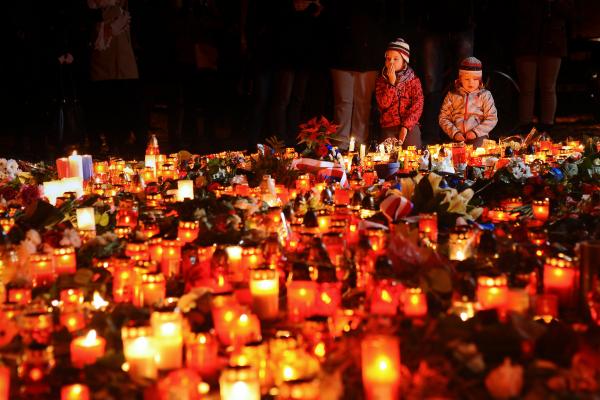Nov 19, 2015
From a religious perspective, the hardest thing about confronting evil is the painful human tendency to only see it in others, in our enemies, and not see any on our side because of the blurred vision caused by the specks in our own eyes, to paraphrase the gospels. In discussing ISIS, we should clearly use the language of sin — the enormous sin of the ideological hate of ISIS finding its victims all over the world.
Read the Full Article

Already a subscriber? Login
